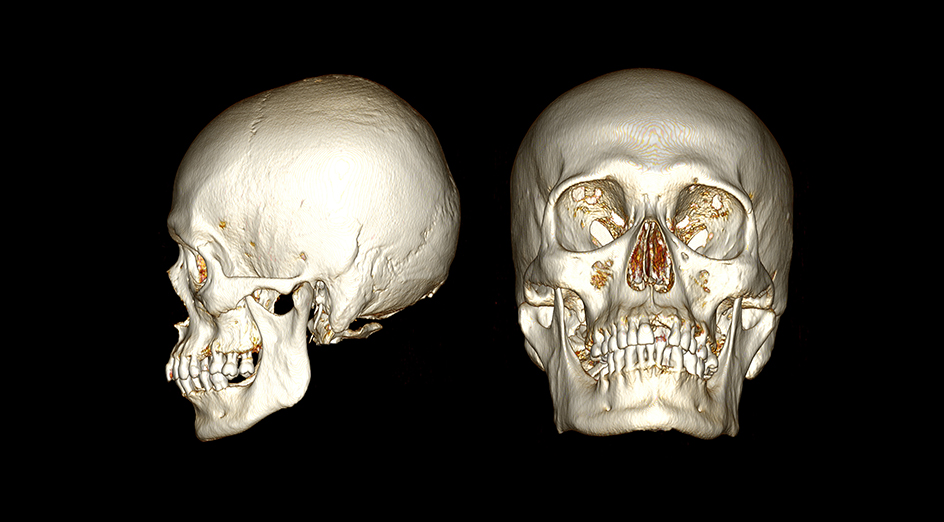
Hope for the future is key to combatting the rising rates of mental illness among Australian kids, and a new study has found a values-driven education – often found in faith-based schools – is a step in the right direction.
The new study by researchers from Charles Darwin University (CDU) and Curtin University analysed two Australian schools with Christian values embedded in their curriculum and how those values influenced a child’s emotional and mental wellbeing.
The participating students came from a variety of religious backgrounds, including a large group who identified as atheists.
Co-author Dr Felicity McLure, a CDU Senior Lecturer in Education, said the number of adolescents accessing mental health services for depression had increased over the past decade.
“Hope for the future has been found to be a protective factor against depression and anxiety, and we wanted to understand whether any of the elements of church-based schooling were predictive of development in this area,” Dr McLure said.
“Our research has shown that the development of a strong personal moral identity is linked with development of hope for the future.
“This is where the importance of learning what it means to act on the principles that students learn about from the Bible comes into play.”
The study found church-based schools’ focus on teachings such as “love your neighbour” – which centre on values like peer connectedness and service learning – played a positive role in strengthening students’ sense of hope.
Dr McLure said these values should be taught when students are learning about the complex nature of global issues to give students’ the tools and support to understand how they can navigate those problems.
“Students need to be able to see themselves as having agency – feeling helpless in the face of these problems is a common source of hopelessness about the future.”
Dr McLure said secular as well as faith-based schools could help students develop hope and moral identity by creating a comprehensive set of values that underpin every activity within the school.
“When there are clear values and reasons for upholding those values within a school, students will find it easier to align with those values and act upon them,” she said.
“One of those values should include the importance of peer support and connectedness.”
Investigating the influence of the school climate of church-based schools on students’ moral identity development and hope for the future was published in the journal Learning Environments Research.








